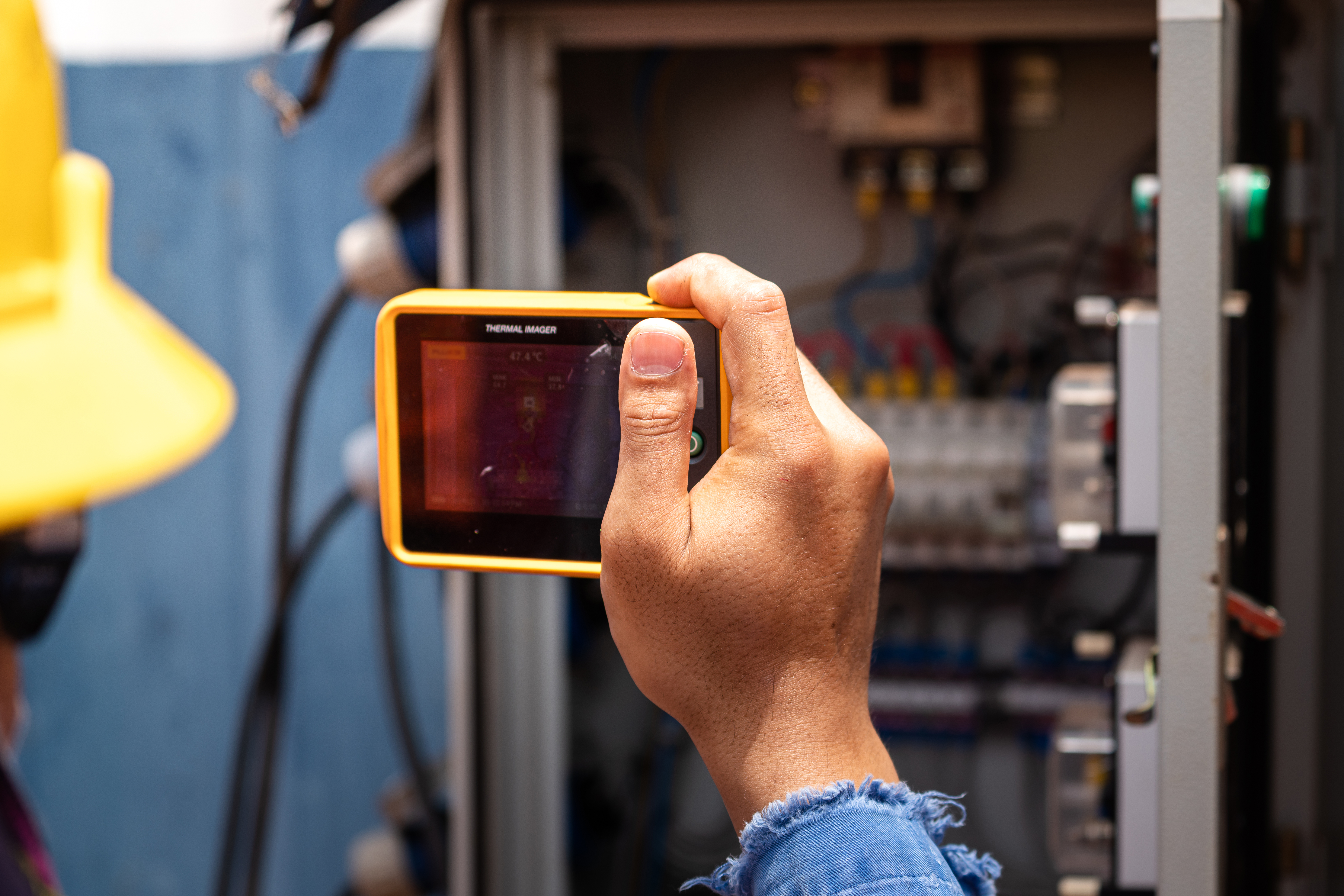As energy prices rise, many homeowners are searching for ways to keep their utility bills down. Last year, U.S. consumers paid about 14% more for electricity than in 2021, and there’s no respite in sight; electricity costs this winter are expected to be 10% higher than last year.
While you can't control the price of energy, you can control how much you use and when, which can help keep your bills down. A home energy audit can be invaluable here. By thoroughly assessing your home inside and out, you’ll be able to determine where and how to maximize energy efficiency and lower your bills, and you’ll be equipped with important information going into your solar-plus-storage installation.
Let’s take a closer look at what an energy audit is and how it can help you save money.
What is an energy audit?
An energy audit looks at how your home uses energy and identifies measures you can take to reduce the amount of energy your home consumes.
An auditor will examine your historic and current utility bills and conduct a thorough assessment of your property. This analysis will show how much energy your household uses and when, where you consume most of this energy, and any areas where energy is being lost or wasted (e.g., air escaping or entering through cracks in your walls or old, inefficient appliances).
An assessor will walk around the outside of your property and through every room inside, examining how each facet, such as heating, cooling, insulation, and ventilation, are working together. They will look at your furnace and water heater, inspect your lighting and appliances, and use diagnostic tools such as a blower door machine to check for air leaks and to test your home’s air quality.
Upon audit completion, the assessor will provide a detailed report with recommendations of measures you can take to improve the energy efficiency of your home. Some of these may be quick wins, such as sealing cracks or upgrading older appliances to newer, more efficient models. Others may be longer-term investments, such as replacing insulation.
Why should you consider an energy audit?
Is there a room in your home that is always too hot or too cold? Do you feel drafts in the winter, or does your home sometimes smell damp or gather dust quickly? An energy audit will uncover the root causes of these irregularities and suggest solutions to improve the efficiency of your home, lower your bills, and improve your comfort. The U.S. Department of Energy estimates that those improvements could save you between 5 and 30% on your energy bills.
An energy audit may also be helpful if you’re considering a solar-plus-storage system. More on that in a bit.
Who conducts the energy audit?
A professional auditor, usually with industry-accepted credentials, performs your home energy audit. Your energy utility may conduct residential energy audits or recommend local auditors, and your state or local government energy office may help you find a local company. You can view a directory of certified professionals near you on the Residential Energy Services Network website.
What insights does an energy audit yield?
An energy audit provides you with information about trends and patterns in your historic and current energy consumption. You’ll be able to see how much energy your home uses and when, the devices and appliances you use the most, and which appliances consume high amounts of electricity.
Your assessor will combine all this information to provide a list of potential changes. Common recommendations include upgrading your appliances, sealing cracks and gaps where air is escaping, and introducing smart meters and rooftop solar panels. The recommendations will depend on the age and quality of your home and appliances, the climate in your area, and your home energy goals. The recommendations may also include doing household chores at off-peak times when electricity prices are lower.
How much does an energy audit cost?
The cost for an energy audit depends on the company you use and the size of your property. The average cost is around $422, but prices typically range between $207 and $680.
How long does an energy audit take?
An energy audit can take anywhere from 30 minutes to four hours, depending on the size of your home and how easy it is to access the different areas the auditor will need to check.
How does an energy audit save you money on solar-plus-storage?
If you’re thinking about installing solar panels and battery storage at home, an energy audit is a great place to start. The insights an audit reveals about your energy use will be invaluable to the installer as they design a solar-plus-storage system to accurately match your energy needs. Having such comprehensive data will help ensure your battery is the correct capacity and that you have the right number of solar panels to fully meet your energy requirements.
If you can implement even a few of the energy-efficiency recommendations coming out of your audit, you’ll be able to lower the amount of energy your home uses — and therefore the battery capacity and number of solar panels you need. That will bring down the cost of your solar-plus-storage system. It also means your solar power will be able to cover more of your energy needs, reducing the amount of power you need to pay to your utility.
The audit will also reveal which appliances you use the most regularly and which ones consume the most power. With that knowledge, you can prioritize your battery to power those high-consumption appliances, which will reduce the amount of energy you need to draw from the grid. That will lower your bills even more.
Put simply, an energy audit can help you fully maximize the potential of your solar-plus-storage system. By providing detailed insights on how much energy your home uses, the audit will help your solar installer design a system that fully meets your unique home energy requirements.
Learn more about how Panasonic’s EVERVOLT® home battery system can help you save money on your energy bills.





